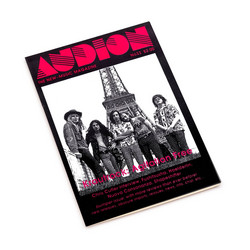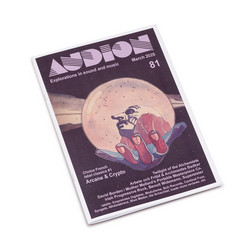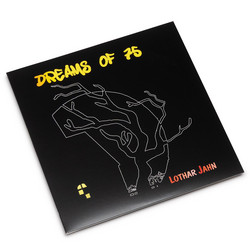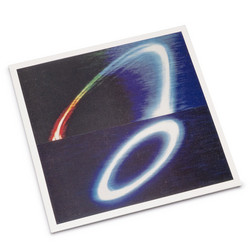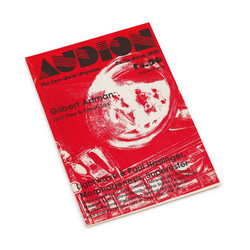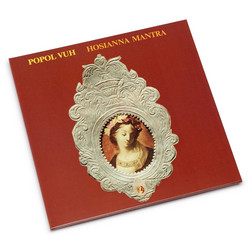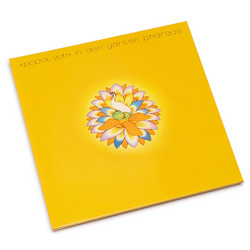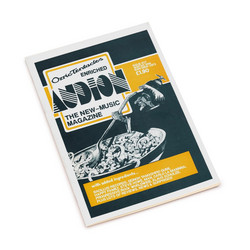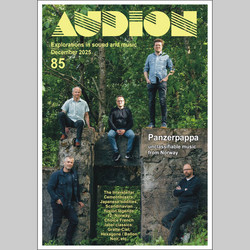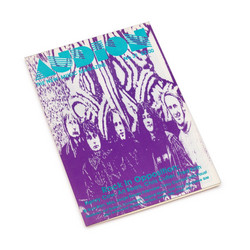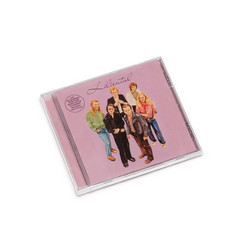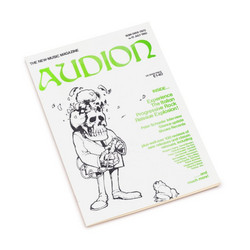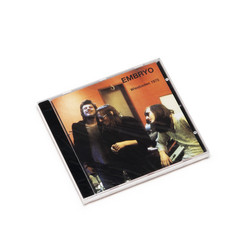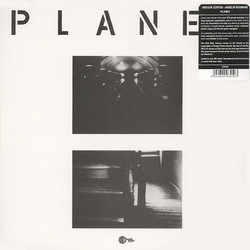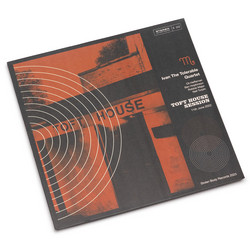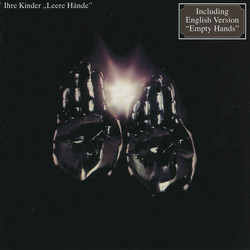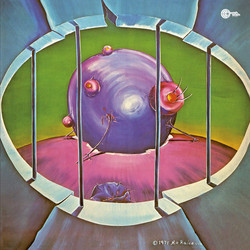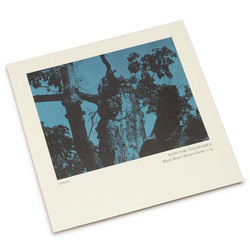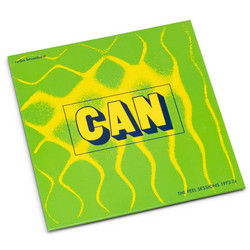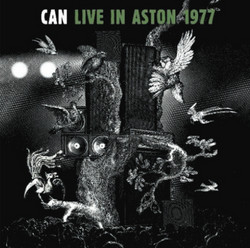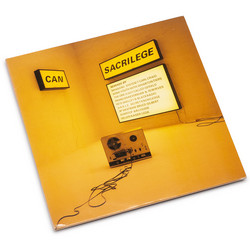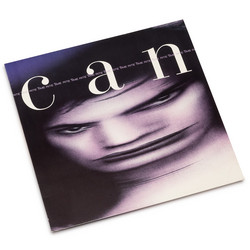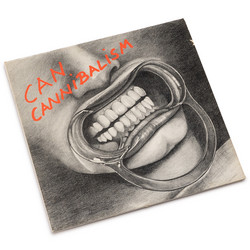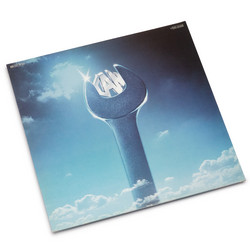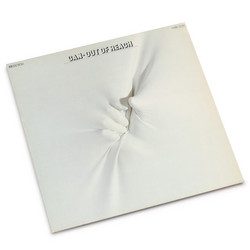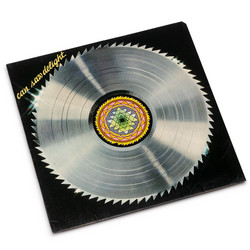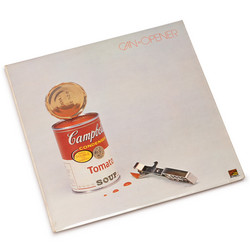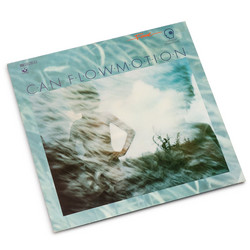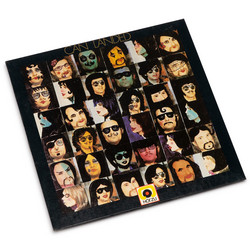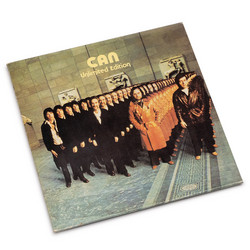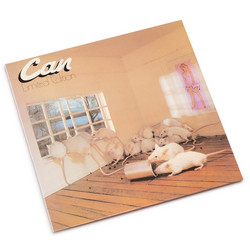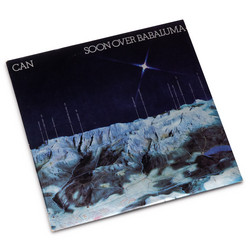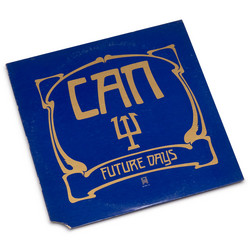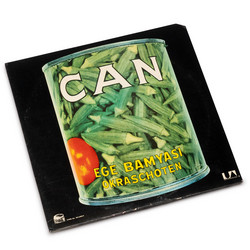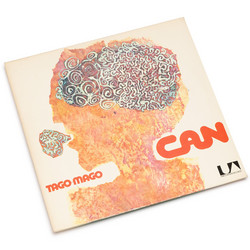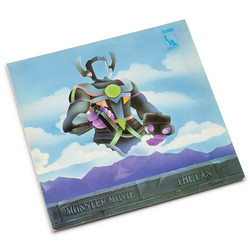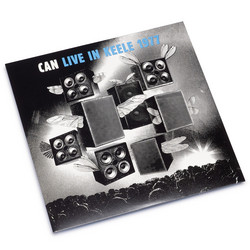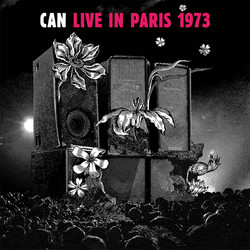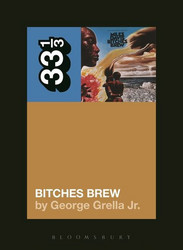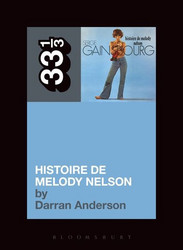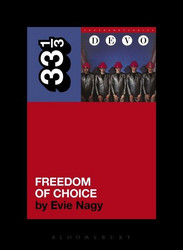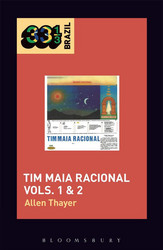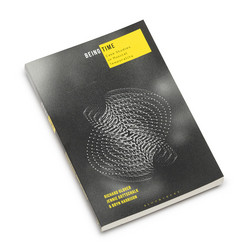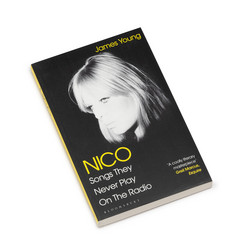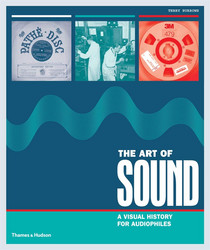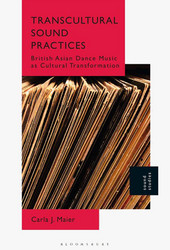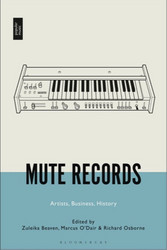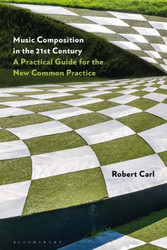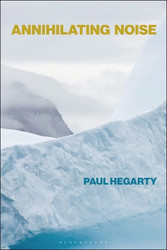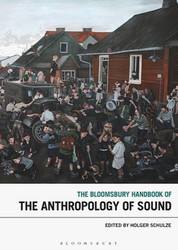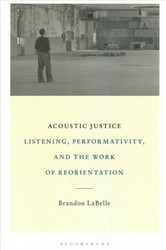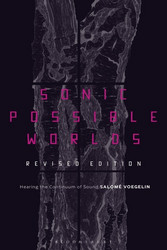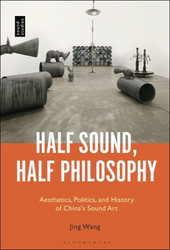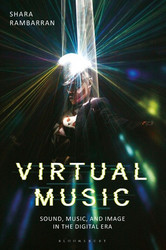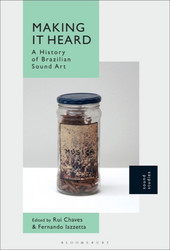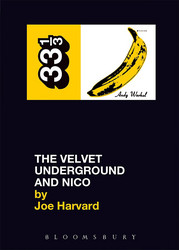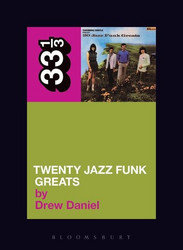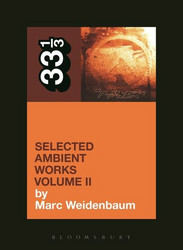Alan Warner, Can
Tago Mago (Book)
Finally, a brilliant exploration of the German rock band Can's 1971 album Tago Mago. This hugely unique and influential album deserves close analysis from a fan, rather than a musicologist. Novelist Alan Warner details the concrete music we hear on the album, how it was composed, executed and recorded - including the history of the album in terms of its release, promotion and art work. This tale of Tago Mago is also the tale of a young man obsessed with record collecting in the dark and mysterious period of pop music before Google. Warner includes a backtracking of the history of the band up to that point and also some description of Can's unique recording approach taking into account their home studio set up.
Interviews with the two surviving members: drummer Jaki Liebezeit, keyboardist Irmin Schmidt and bassist Holger Czukay make this a hilariously personal and illuminating picture of Can.
“Warner asserts that the musical criticism and musicology "ignore the material and autobiographical details that have been built into a web of deeply personal associations". This is true of a certain classical model of music writing, and [this] book is a deeply enjoyable and lyrical rebuttal to that” – Frances Morgan, The Wire
“In high school, I came upon the book Twilight of the Gods by Wilfred Mellers, a 1973 study attempting to explain the importance of the Fab Four's music through a musicological analysis of their works. This seemed extremely absurd. I recently realized, after reading several books in the 33 1/3 series, that it's not really about the individual albums profiled-it's about what it's like to be a fan. It's about what it's like to view a particular work as the pinnacle of aesthetic accomplishment-to experience the unique sensation of “This speaks to me!” There is also a fetishization of the vinyl album as an art object. Each band and record in the series is mythologized as much as the authors' experience of discovering them is; in the case of Can's 1971 album Tago Mago, Warner describes their “stoner athleticism.” The Scottish novelist realizes the absurdity of this linguistic attempt to describe music, as much as Mellers, but Warner's volume about the German psychedelic band is rich because he shows how “Tago Mago gave me permission to dream.” Tago Mago, along with a number of other Can masterpieces, will be reissued on vinyl alongside the release of the 33 1/3 book.” – SLUG Magazine
“Scottish novelist Alan Warner (Morvern Callar, The Deadman's Pedal) has given us a unique and absorbing look at the great Krautrock classic Tago Mago by Can […] Music fans will find themselves nodding in solidarity with his admitted obsession with the record […]Can's Tago Mago is a masterpiece that still enthralls and informs listeners 40+years past it's debut, and in a different way, Alan Warner's look at his relation to the record, and music in general, is much the same. Our most deeply felt connections with art are the pieces that cause us to grow over time with the work, and Warner has given us a near-perfect description of such.” – James Mann, Big Takeover
“I really can't recommend Warner's Tago Mago highly enough. I've never read anything by Warner that isn't artful and considered, a mix between the analytical and passionate, but that has never been better demonstrated than in this short book. You may not want to go out and get a copy of Can's album (personally, I prefer Ege Bamyasi), but that's not what he is setting out to do. This is [his] story, one which is both personal and universal, or at least common to the sort of people whose relationships with music, and other art forms, can be as important as their relationships to people - basically, the sort of person who buys the 33? books.” – Scots Way Hae!
